This fall, several massive storms struck the United States in rapid succession. Hurricane Ida cut a huge swath of damage from the Louisiana coast to New England. Record flooding, tornados, and sustained high winds damaged property in profound ways. In the Northeast, Hurricane Ida exacerbated the damage caused by Hurricane Henri, which had barreled into the New York metro area only about a week earlier.
Many climatologists believe these storms represent a “new normal,” and that because of climate change, more frequent severe weather will be part of our lives going forward. As a result, everyone from realtors, homebuyers, insurance companies, managing agents, board members, and attorneys are now grappling with how to protect properties from future storms.
Condominiums, cooperatives and homeowners associations have the same concerns. Many boards have had to deal with aging infrastructure, drainage issues, sewage problems, and foundation seepage. Some communities didn’t realize they are located in lower-lying areas, and are thus susceptible to flooding. Other communities have had to reevaluate their insurance coverage to make sure they are properly insured.
Some boards have also had to answer questions about whether their associations are required to make certain weather-related repairs, or whether those repairs are the responsibility of unit owners. In some instances, associations that sustained flooding lacked flood insurance coverage, and have had no choice but to special assess unit owners to repair their buildings and units. In others, lawsuits have been filed against associations around claims related to who is responsible for making certain repairs - particularly when insurance companies have disclaimed coverage. Could all this uncertainty and even acrimony be avoided by the application of some commonsense techniques?
Below are 10 steps condo, co-op and homeowners associations can use to be better prepared for the next weather disaster, and potentially sidestep some of the headaches that can result:
1. Review your association’s governing documents to determine which common elements the association is responsible for maintaining, repairing and replacing. If changes need to be made to that scheme, the governing documents should be amended. Also, review the governing documents to determine whether certain repairs can or should be back-charged to unit owners.
The party responsible for maintaining a common element is not necessarily the same party responsible for paying for the repair or replacement of that element. If the governing documents contain ambiguities, they should be addressed by resolution or bylaw amendment.
2. Inspect the association’s buildings and systems. If you believe there is a drainage or sewage pumping issue, or a structural concern, make sure to address it. If pumps need to be installed, or the pitch of your property needs to be changed to address runoff issues, investigate those concerns. Where necessary, consult with contractors, engineers and other professionals and obtain a topographical study. Make sure your building envelopes are watertight and that the roofs are in good condition.
3. Reach out to your local township to make sure that they have a plan to protect your community from possible storm surges, sewage backups, etc. If your township oversees utilities, or is responsible for maintaining a pumping station on the association’s property, let the township know of any concerns you have or repairs that are needed.
4. If your association’s engineer or architect determines that capital improvements should be made, be sure to pursue those improvements expeditiously. Flood waters don’t just destroy property in the short term; mold issues can persist long after the waters recede, and cause associations and unit owners substantial expenses later.
5. Plan for capital improvements by having a healthy reserve fund, and conduct regular reserve studies to make sure your building or association is prepared for unexpected expenditures. A reserve study should be based on an in-depth, onsite review of the association’s property every five years, then updated annually to account for unexpected costs and new capital improvements. On average, most boards should be setting aside approximately 20-40 percent of their annual assessments toward reserves. Also, review the terms of any existing loans the association has and determine whether you have sufficient access to capital to address emergencies.
6. When necessary, special assess shareholders and unit owners to pay for emergent repairs, or adjust the association’s annual budget accordingly. While it’s difficult to convince unit owners to incur increased costs, when your engineers, architects or contractors tell you of an emergent condition, you must grant those statements the weight they deserve.
7. Review your association’s general liability and directors and officers (D&O) insurance policies with your insurance broker to see whether you have or need flood insurance, have any coverage for sewer and drain issues, or if your policy has exclusions for groundwater, earth movement, and other issues that may complicate - or even preclude - future recovery. Also, make sure that you have a D&O policy that properly protects all directors and officers against personal liability for decisions they make as board members.
8. When possible, encourage unit owners to review their existing homeowner’s insurance policies to make sure they have adequate coverage for their personal property, betterments and maintenance obligations.
9. Always be guided by sound business judgment, act for the benefit of all unit owners, and do your best to keep your buildings and other structures in good and updated condition.
10. Pay careful attention to complaints from residents about structural issues, water seepage, and leak concerns, and make sure that the property manager logs those complaints so they are properly addressed. If unit owners are already experiencing seepage issues, make sure to address those issues promptly.
If your association has sustained damage due to high winds, flooding or sewage backup, the time to take steps to prevent such damages is now. No association wants to be embroiled in avoidable litigation. Board members should work closely with their managing agents and attorneys so they don’t have to endure recovering from another catastrophic storm.
Michael J. Willner, Esq. is a partner in the Community Association Law and Business Litigation practice areas at Curcio Mirzaian Sirot LLC in Roseland, NJ. Contact him at MWillner@cmsllc.law.



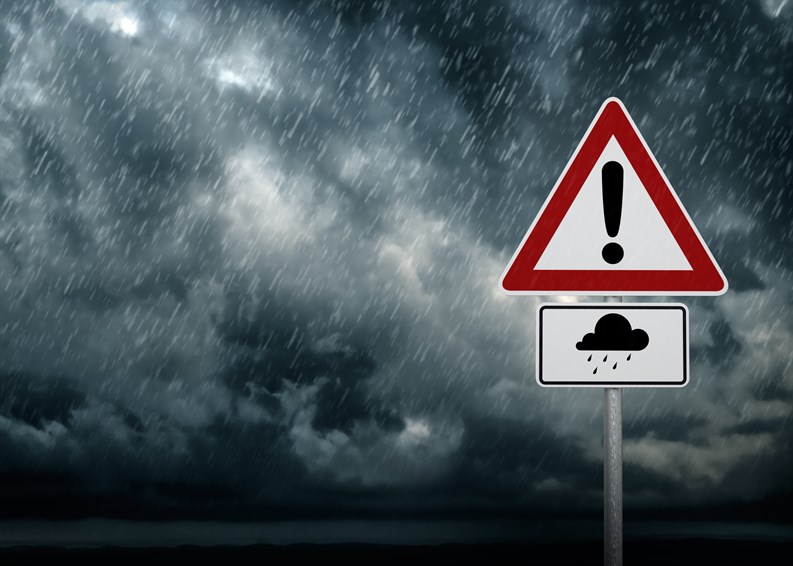

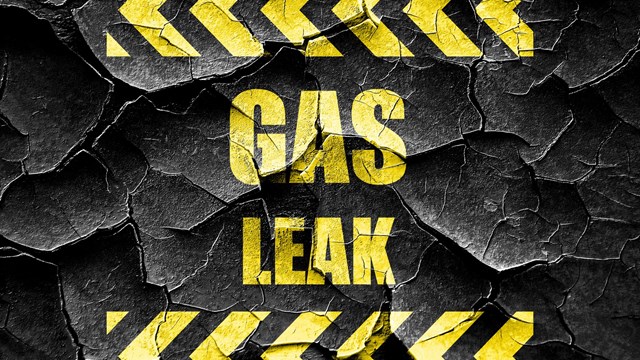

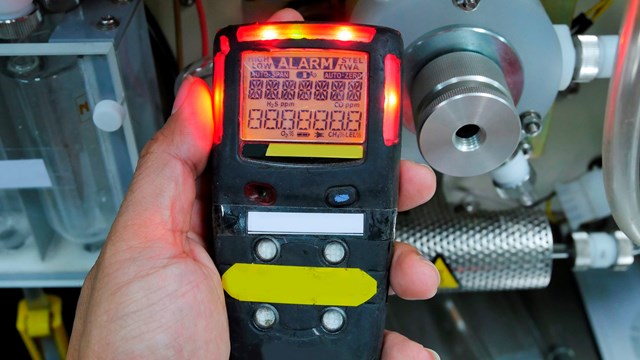
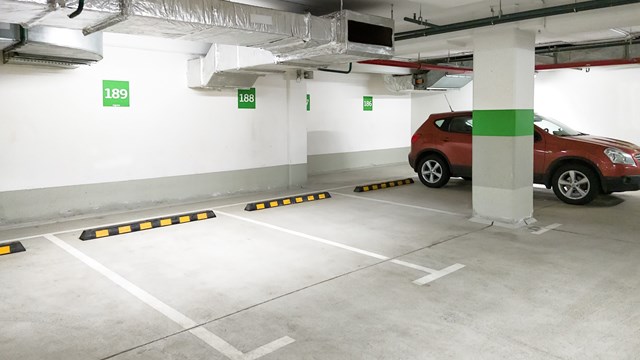
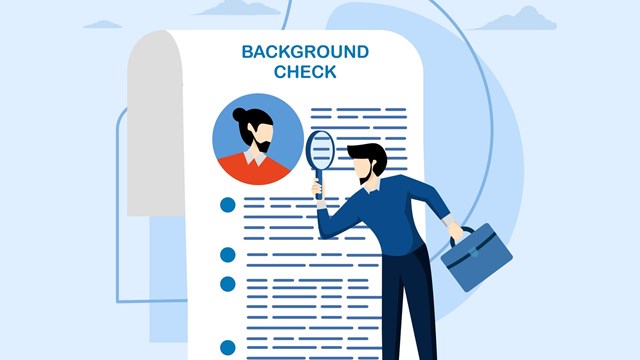
Leave a Comment